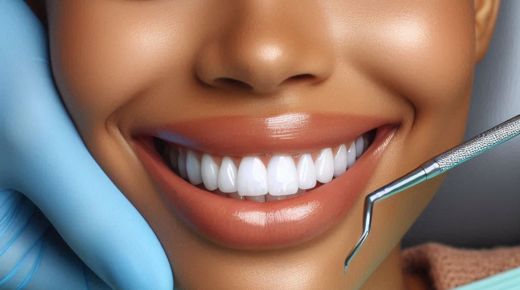
Medications can play a critical role in maintaining our health. But, they often come with side effects that impact our oral health. Dry mouth, gum swelling, and tooth decay are just a few issues linked to common medications. Understanding these effects helps us make informed choices about our dental care. For instance, new port richey veneers may not adhere well to teeth affected by dry mouth. Exploring these connections can guide more effective dental treatments and routines.
Common Oral Health Issues from Medications
Many medications can cause oral health problems. Some affect saliva production, leading to dry mouth. Others can cause gum swelling or even changes in our taste. Here are three common issues:
- Dry Mouth: Reduced saliva can lead to tooth decay and gum disease.
- Gum Swelling: Some drugs cause gums to swell, which can make brushing difficult.
- Tooth Decay: Medications with high sugar content can increase the risk of cavities.
These issues are not just discomforts. They can lead to more severe dental problems if left untreated.
Medications Commonly Linked to Oral Health Issues
It’s important to know which medications might affect oral health. Here is a simple table comparing some common medications and their potential oral side effects:
| Medication Type | Potential Oral Side Effect |
| Antihistamines | Dry Mouth |
| Antidepressants | Dry Mouth, Taste Changes |
| Blood Pressure Medications | Gum Swelling |
| Pain Relievers | Gum Bleeding |
For more detailed information, you can refer to resources like the National Institutes of Health and the American Dental Association.
Strategies to Mitigate Oral Health Effects
It’s crucial to address these oral health issues to prevent further complications. Here are three strategies:
- Stay Hydrated: Drinking water can help combat dry mouth.
- Regular Dental Visits: Routine check-ups can catch early signs of gum swelling or tooth decay.
- Good Oral Hygiene: Brushing and flossing help maintain healthy gums and teeth.
These practices are simple but effective in mitigating the adverse effects of medications on oral health.
The Role of Dentists in Managing Medication Effects
Dentists play a vital role in managing these oral health issues. They can offer advice tailored to individual needs. They may suggest alternative treatments or products that can help, such as special toothpaste or mouth rinses. By understanding the patient’s medical history, they can provide better care that considers the impact of medications.
Dental professionals also have the expertise to work alongside other healthcare providers. This collaboration ensures a comprehensive approach to managing both medical and dental health.
Conclusion
Medications can significantly impact oral health. But with the right knowledge and strategies, we can manage these effects. Whether it’s through staying hydrated, maintaining good oral hygiene, or seeking professional dental care, there are ways to protect our oral health. Awareness and proactive measures can make a big difference in maintaining a healthy smile.
